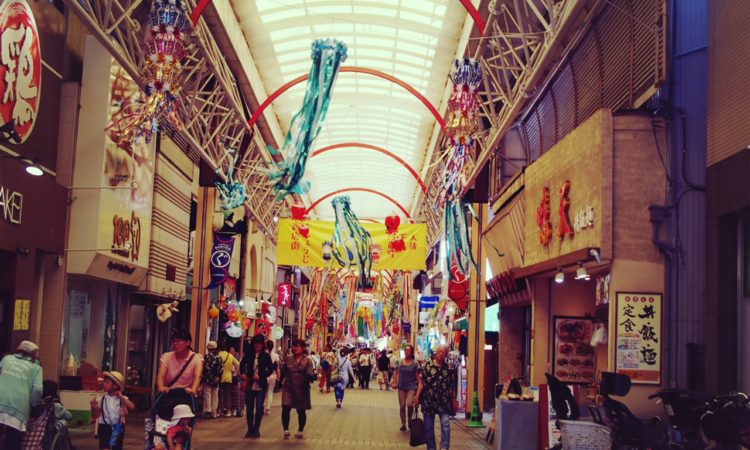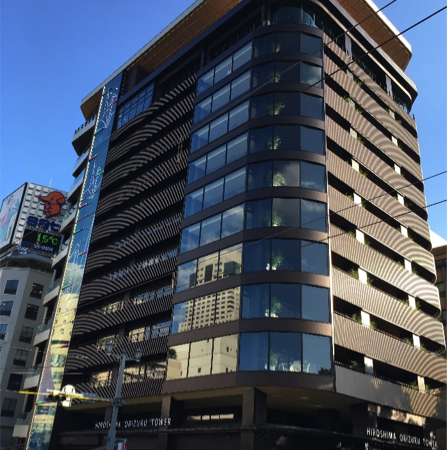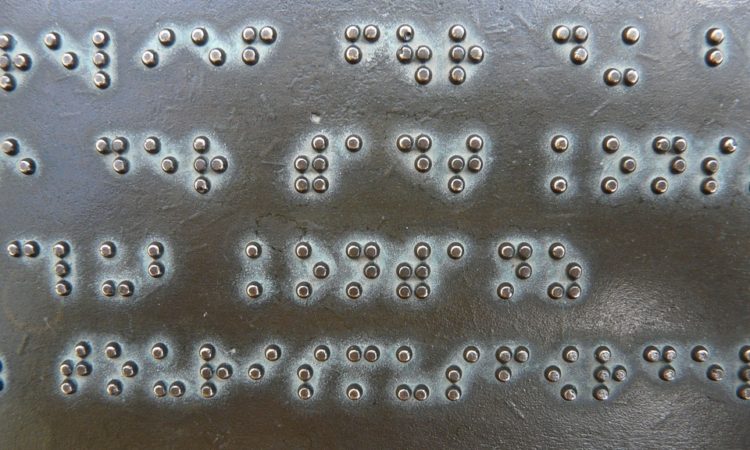Living in Japan, you may be faced with unexpected disasters such as earthquakes and tsunamis that can happen at pretty much any time without warning. For that reason, if you are planning on living in Japan for a longer period of time, it is very important to store an emergency kit in your home in case of say, a high-intensity earthquake that results in the need to evacuate. So how do you know what is essential for your emergency pack?
1. Water and canned food:
You should store around 2-3 liters of water per person, which is enough for drinking and sanitation. However, bottled water has an expiration date too, so make sure to check the date and change you water when necessary.
As for food, canned food – something that can be stored for a long time – is the first option. Try to choose food that is easy to eat and digest, and that does not have a strong smell.
2. Cash, passport, and emergency contact information:
Keep some cash (around 30000 – 50000 yen) in small increments for essential purchases or transportation if necessary.
And just in case anything does happen to you, make a name tag and keep it with you in the case of a disaster. The name tag should include your name, your emergency contact person, and your home address.
3. Basic medication and first-aid kit
When an earthquake happens, you might easily fall because of the imbalance and the shaking, or you might get hit by things around you, so make sure to pack bandages and antiseptic.
Other than that, basic medicine for the flu, fever or diarrhea should also be on the list, as after the earthquake, you might not be able to return home right away, and the weather or environment can change unpredictably after the initial event.
4. Flashlight and radio:
Electricity and communication lines can be cut during a disaster, so having a flashlight with you is a good idea (don’t forget to store some extra batteries too). If you cannot use your phone, a radio will be your friend to keep you up to date with the situation.
5. Warm clothes:
The temperature can change dramatically after earthquakes and tsunamis, especially during night, so be sure to have extra warm clothes or a blanket with you as well.
6. Toiletries:
You can pack a small kit with a travelling set of soaps, toothbrushes, toothpaste and other toiletries based on your own personal needs.
Other things you may want to keep in mind:
Prescription Medication
If you have a specific condition and medication you should bring, include it on your list along with the doctor’s prescription just in case you need it for emergencies.
Toiletries for personal use
If you think there are other toiletries that you need to have with you, include them in your kit. However, do not go overboard with the number of items; you are evacuating, not going on a vacation.
Mask
If you have a history of respiratory issues, you should bring a thick mask with you. As mentioned above, the environment and even air can be affected due to events resulting from disaster damage.
Plastic bags (for waste and other uses)
You may want to store some plastic bags with you for the disposal of waste if your evacuation point is an open area.
As a country Japan suffers from 10% of the world’s natural disasters. Because of that, it is never excessive to take some time to prepare an emergency kit for your family’s and your own sake. We hope this article helps you be better prepared for the unpredictable.
Stay safe everyone!
Anh/Japan








